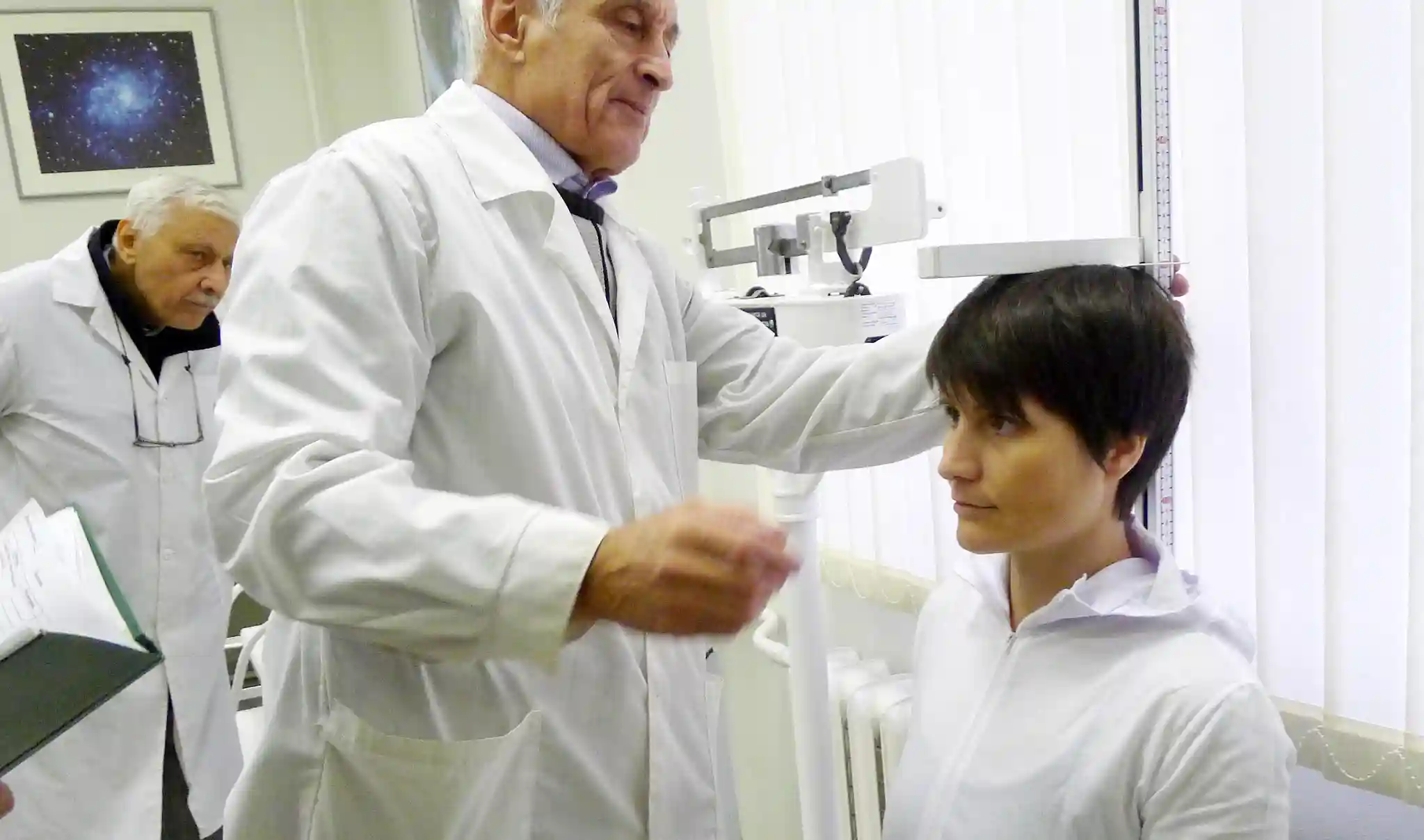Celiac.com 12/15/2023 - Celiac disease is a chronic condition triggered by gluten consumption, which often reveals itself through symptoms like chronic diarrhea and malabsorption. However, a significant number of patients exhibit atypical manifestations such as iron deficiency anemia, idiopathic short stature, hypertransaminasemia, or infertility.
Unfortunately, due to a lack of awareness among healthcare professionals about these diverse presentations, many patients with atypical symptoms are not screened for celiac disease. A recent review aims to shed light on the considerations for diagnosing this condition, delving into screening criteria, atypical manifestations, and diagnostic tools.
Celiac.com Sponsor (A12):
Patients with atypical manifestations often first approach primary care physicians or specialists outside of gastroenterology. Recognizing this, the research team conducted an extensive review of literature to understand the prevalence of celiac disease in various gastrointestinal conditions like chronic diarrhea and non-gastrointestinal conditions such as short stature, cryptogenic hypertransaminasemia, cryptogenic cirrhosis, and idiopathic ataxia.
The research team included Prashant Singh, Achintya Dinesh Singh, Vineet Ahuja, and Govind K Makharia. They are variously associated with the Department of Gastroenterology, University of Michigan, Ann Arbor, MI, United States; the Department of Medicine, Cleveland Clinic, Cleveland, OH, United States; and the Department of Gastroenterology and Human Nutrition, All India Institute of Medical Sciences, New Delhi, India.
Their review emphasizes the importance of awareness among healthcare professionals regarding atypical presentations of celiac disease, to facilitate timely screening and diagnosis. Additionally, it highlights special scenarios where screening is crucial, even in the absence of symptoms. Individuals with type 1 diabetes, Down’s syndrome, and first-degree relatives of celiac disease patients fall into this category, requiring careful consideration for screening.
Definite Indications for Celiac Disease Screening:
- Patients with chronic diarrhea - Found in 43%-85% of patients.
- Patients with iron deficiency anemia - Affects approximately 1 in 31 celiac disease patients.
- Patients with short stature - Affects around 11.2% of patients with celiac disease
- Patients with type 1 diabetes - Around 6% of type 1 diabetics also have celiac disease.
- First-degree relatives of patients with celiac disease - The approximate risk of developing celiac disease is 1 in 13 in sons, 1 in 16 in brothers, 1 in 32 in mothers and 1 in 33 in fathers.
- Patients with dermatitis herpetiformis - Around two-third of patients with dermatitis herpetiformis have villous abnormalities and one third of them have no enteropathy, and 17% of those with celiac disease have dermatitis herpetiformis.
- Patients with Down’s syndrome - 5.8% of those with Down's syndrome also have celiac disease.
Probable Indications for Celiac Disease Screening:
- Patients with liver diseases
- Cryptogenic hypertransaminesemia
- Cryptogenic cirrhosis
- Patients with auto-immune hepatitis
- Patients with irritable bowel syndrome
- Patients with osteoporosis
Possible Indications for Celiac Disease Screening:
- Patients with dyspepsia
- Women with infertility
- Women with unexplained or idiopathic infertility
- Women with “all-cause infertility”
- Patients with idiopathic cardiomyopathy
- Patients with autoimmune thyroid diseases
- Patients with idiopathic epilepsy
- Patients with idiopathic cerebellar ataxia
- Patients with dental enamel defects
Furthermore, the review provides insights into the diagnostic performance and limitations of various screening tests for celiac disease. It discusses specific antibodies, including IgA anti-tissue transglutaminase antibodies, anti-endomysial antibodies, and anti-deamidated gliadin antibodies. The team proposes a diagnostic algorithm based on current recommendations for patients suspected of having celiac disease.
In conclusion, the review serves as a comprehensive guide for healthcare professionals, offering a nuanced understanding of who should be screened and how. By delineating atypical manifestations and considering special scenarios, it encourages a more proactive approach to celiac disease diagnosis.
The proposed diagnostic algorithm aims to streamline the process, ensuring that individuals with suspected celiac disease receive timely and accurate assessments. Lastly, the review underscores the importance of broadening the perspective on celiac disease beyond its classical gastrointestinal symptoms, contributing to improved healthcare outcomes for affected individuals.
Read more at: World J Gastroenterol 2022; 28(32): 4493-4507










Recommended Comments
Create an account or sign in to comment
You need to be a member in order to leave a comment
Create an account
Sign up for a new account in our community. It's easy!
Register a new accountSign in
Already have an account? Sign in here.
Sign In Now